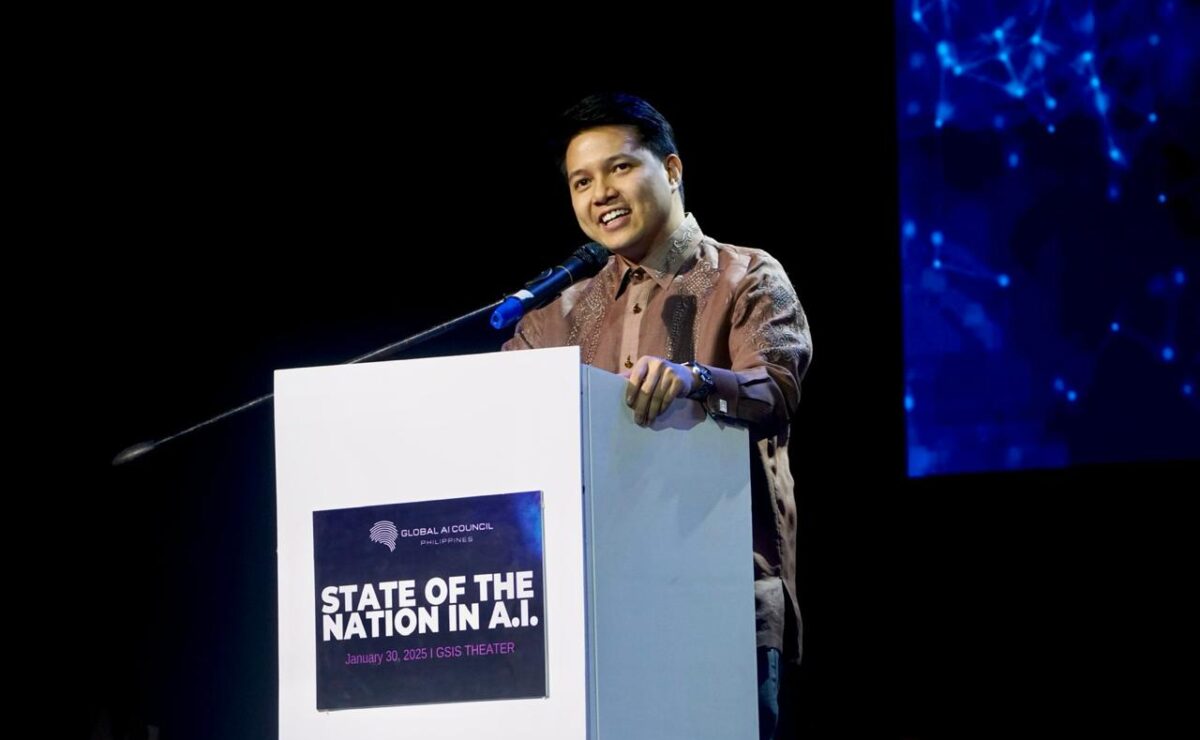
Rep. Brian Poe.
Representative Brian Poe has introduced the Philippine Artificial Intelligence Governance Act. This legislation aims to address the challenges and opportunities presented by artificial intelligence (AI) by establishing guidelines and regulations to ensure its safe and effective use across different sectors in the Philippines.
As artificial intelligence (AI) continues to reshape societies, economies, and governance worldwide, the Philippines stands ready to embrace a technological revolution. With the potential to drive innovation, enhance public services, and address complex social challenges, AI also presents considerable risks, particularly in critical sectors such as law enforcement, healthcare, and education.
The main focus of this proposal is to create the Artificial Intelligence Development Authority (AIDA), which will operate under the Department of Science and Technology (DOST). AIDA will be responsible for developing the National AI Strategy, setting rules, coordinating among different sectors, and ensuring compliance with this Act.
READ: Brian Poe files bill for military service scholarship program
The Philippine Artificial Intelligence Governance Act establishes a risk-based classification system for AI technologies, inspired by European frameworks.
AI applications will fall into four risk levels: unacceptable risks, such as social scoring and indiscriminate facial recognition, will be banned; high-risk systems in areas like law enforcement will face strict regulations; limited risk applications, like customer service chatbots, must meet transparency standards; and minimal risk uses will have fewer regulations to encourage innovation.
To promote responsible development and use of AI, the legislation emphasizes several important principles. These include ensuring transparency in AI processes, implementing strong data governance practices, providing comprehensive technical documentation, and requiring human oversight for high-risk applications.
Furthermore, the bill introduces a regulatory sandbox, allowing new AI technologies to be tested in a controlled environment. This approach enables careful assessment of their impact before they are rolled out on a larger scale.
In a global context, the legislation encourages the Philippines to engage in international collaboration, aiming to align its AI governance with worldwide standards and facilitate cross-border cooperation on regulatory issues. As General-Purpose AI (GPAI) gains traction, the bill outlines specific obligations for GPAI providers, including requirements for thorough documentation, transparency of training data, respect for intellectual property rights, and traceability of AI-generated outputs.
“Our main goal with this bill is to protect the rights of Filipinos while fostering innovation,” said Congressman Poe. “It seeks to create a fair framework that addresses ethical issues and encourages responsible technology development for the benefit of all. Together, we can ensure a digital future that serves everyone.”
As the nation steps into the age of artificial intelligence, the Philippine Artificial Intelligence Governance Act serves as a crucial step in balancing the need for innovation with the imperative of public safety, empowering the Philippines to thrive in an increasingly digital world.
Great Job & the Team @ INQUIRER.net Source link for sharing this story.




